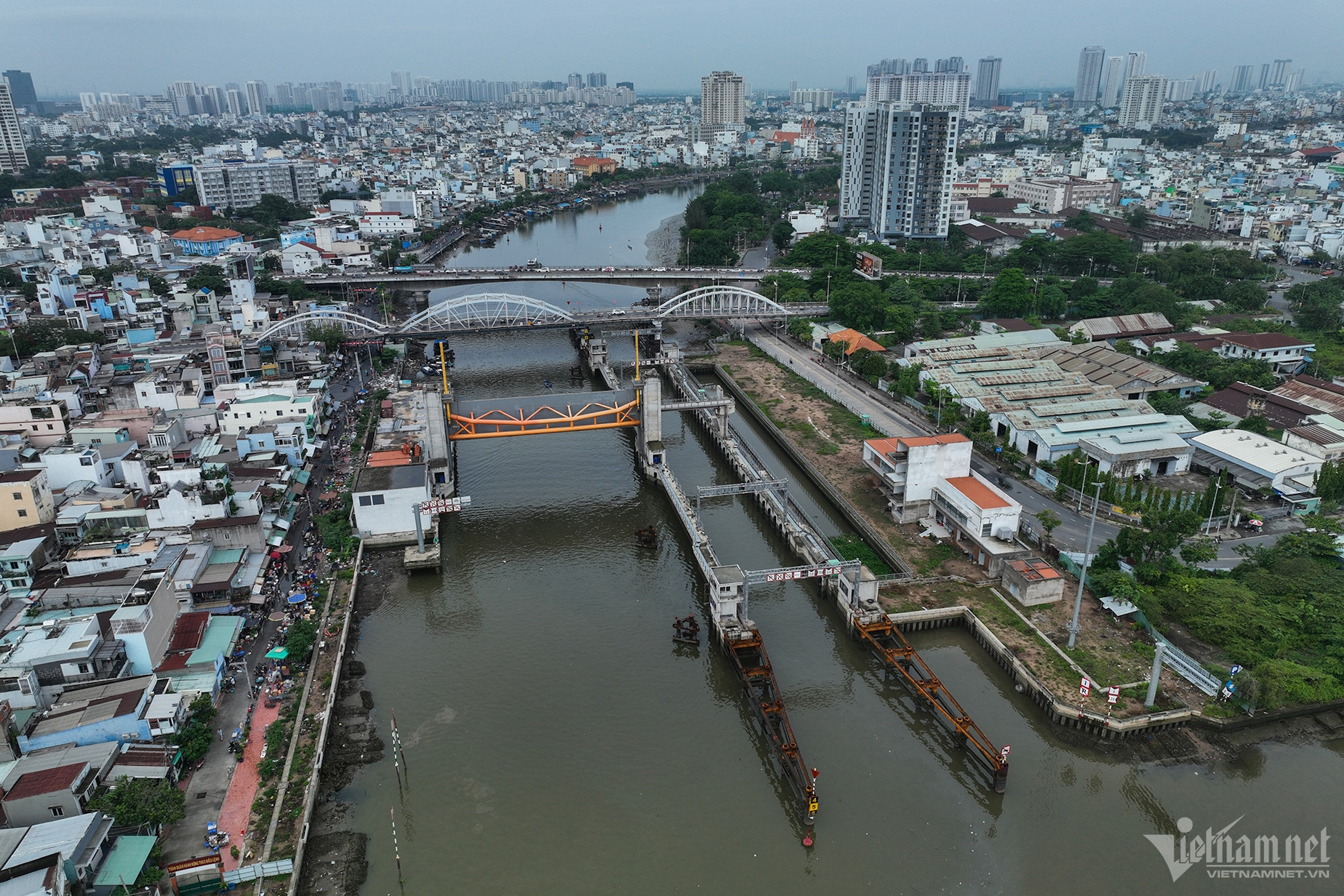Implemented under a public-private partnership (PPP) contract between the city and Trung Nam Group, the build-transfer (BT) project has a payment structure where 16% (around $63 million) is settled through land allocation and 84% (around $332 million) via direct cash payment based on final cost.
According to the Ministry of Finance, the project began in 2016 but halted in 2020 after reaching over 90% completion. By November 28, 2023, approximately $332 million had been disbursed - 83% of the projected budget. Around $67 million remains needed for completion, based on initial investment estimates.
However, several legal and financial roadblocks continue to delay progress. The project’s total cost has exceeded VND 10 trillion due to extended timelines and loan interest, prompting HCMC to begin revising its terms.
BIDV, the main financing bank, declined to amend its credit agreement with the project’s investor - Trung Nam BT 1547 Co., Ltd. - and the State Bank of Vietnam has already recalled refinancing loans, further complicating capital mobilization.
Additionally, the Ministry of Finance noted that the project lacks formal approval to use state capital. Although BT payments were intended to be made in land with monetary offsets if necessary, HCMC signed contracts that bypassed these guidelines. This inconsistency was also cited in Government Resolution No. 40/NQ-CP (April 1, 2021), which criticized the city’s payment methods and lack of proper approval authority.
New resolution clears key legal hurdles
In a major development, the government recently issued Resolution No. 212/NQ-CP, opening a path to resume this long-stalled project. Under the resolution, HCMC is granted full authority and responsibility to revise, appraise, and approve an updated feasibility report.
The city must identify and value land parcels at market rates to compensate the investor. If the land value falls short, HCMC must use its public investment budget to cover the remaining amount. Adjustments to the feasibility report must strictly comply with land and public investment laws and specific mechanisms under National Assembly Resolution No. 98/2023/QH15.
To ensure transparency, the State Audit Office has been asked to audit the entire project before finalization to safeguard public funds and maintain fairness for the investor.
Resolution 212 also applies similar mechanisms to unlock difficulties for Segment 3 of the Ring Road No. 2 project (from Pham Van Dong Street to the Go Dua–National Highway 1 interchange in the former Thu Duc district).
This separate BT project, valued at over VND 2.7 trillion ($108 million) and invested by Van Phu Bac Ai JSC, started in 2017 and was set for completion in 2020. However, construction was suspended at 44% progress due to site clearance issues and stalled land compensation.
Tuan Kiet
